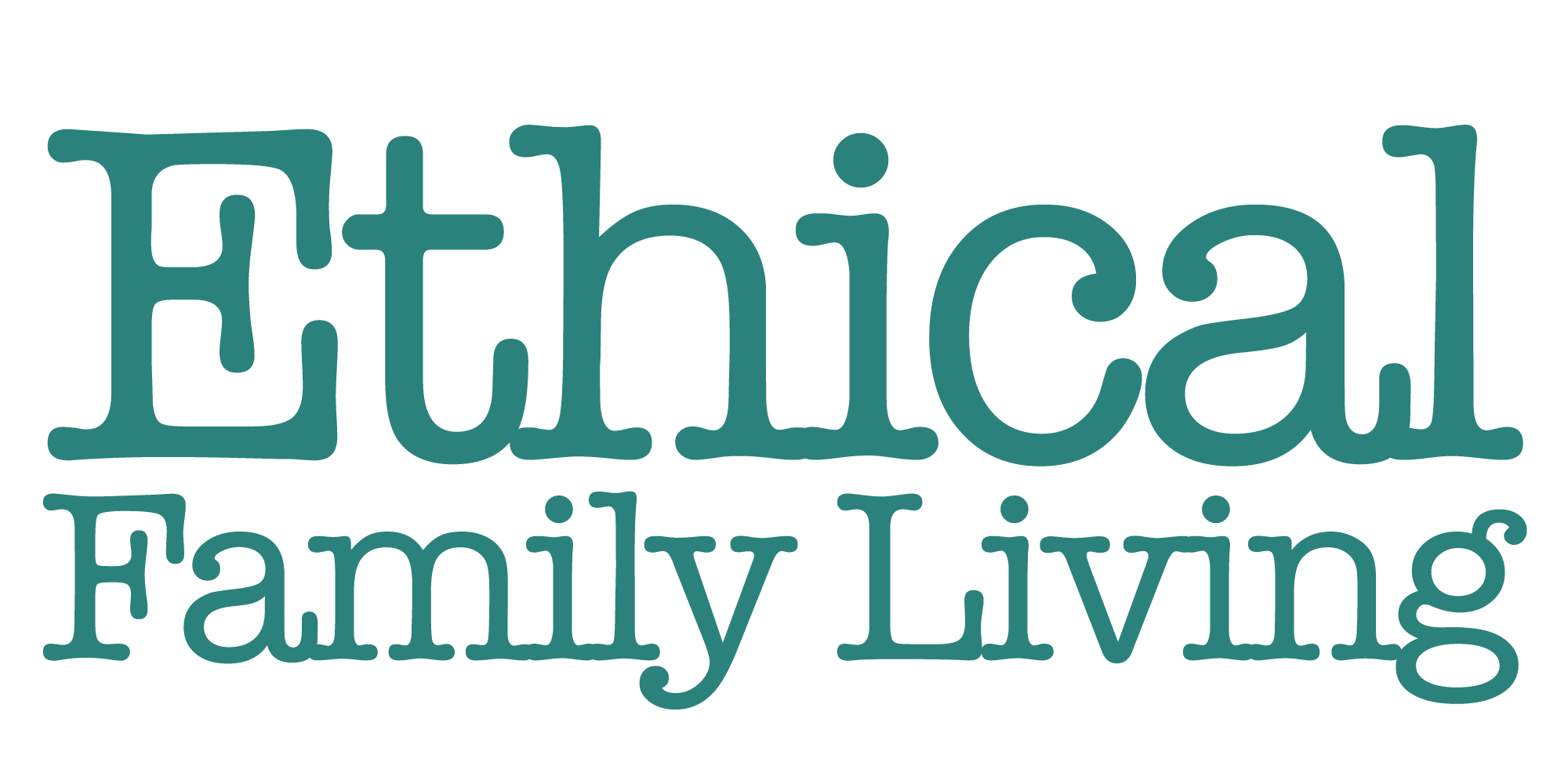As we delved into the fascinating world of sea sponges, one intriguing detail caught our attention: a brief line on the packaging of our Sensible Options range of Caribbean Silk sea sponges. It read, “Country of origin: Greece.”
While it may seem like a minor oversight, it piqued our curiosity, prompting us to question whether it was a typo or an error.
You don’t need to be an A+ student at Geography to know Greece isn’t in the Caribbean. So was it a typo? An error?
Upon further investigation, we discovered that the information provided was indeed accurate. The “Country of Origin” label is part of a comprehensive legal framework that governs exportation and customs tariffs. Understanding this context can be easier when considering the concepts of “aquaculture” and “fishing.” Imagine a boat venturing into the vast expanse of the Atlantic Ocean to catch fish in international waters. In such cases, determining the country of origin becomes a critical issue. Territorial waters extend only about 12 miles from a country’s coastline, and fish, being non-passport-bearing entities, do not carry a country’s identity.
Our Sensible Options sponges undergo a meticulous harvesting process. Divers embark on a Greek boat and bring in the sponges, which are then processed and cut in Greece. This transformation significantly changes the sponges, transforming them from raw sponges to cut sponges. Consequently, the country of origin of the exported product becomes Greece, as the nature of the product undergoes a substantial change during the processing and cutting stages.
Now, let’s shift our focus to the Caribbean sponges. The term “Caribbean” primarily refers to the specific species of sea sponge. The Silk Sponge, as a living organism, has adapted to the warmer waters and faster currents of the Caribbean Sea. This adaptation has resulted in a distinct difference between the Silk Sponge and its counterpart found in the Mediterranean Sea.
A Cuban boat could harvest Mediterranean Silk sponges from the Mediterranean Sea and land them in Cuba, but they wouldn’t become Caribbean sponges. Just as a Caribbean sponge doesn’t become Mediterranean simply because it lands in Greece.
A Cuban boat could harvest Mediterranean Silk sponges from the Mediterranean Sea and land them in Cuba but they would not become Caribbean sponges. Just the same as a Caribbean sponge doesn’t become Mediterranean just because it landed in Greece.
When you begin to lift the lid on Country of Origin issues you find some really interesting cases including some shockers like where electrical products listed as Made In Germany are actually just assembled there with all of the components coming from the China. And did anyone really think that English Tea came originated in England? All interesting stuff and an useful insight for us as we continue to enhance our products and develop our packaging designs.
To find where you can order our amazon products, click here.

For two decades David has been the owner and director of several marketing and distribution companies. During this time he has learned the indisputable benefits of looking after customers, colleagues, workers, suppliers and the local community, treating them all as respected stakeholders in a common project. Recently he consolidated his personal beliefs and business ethics by founding the Natural Intimacy brand and developing it as an Ethical Company.




